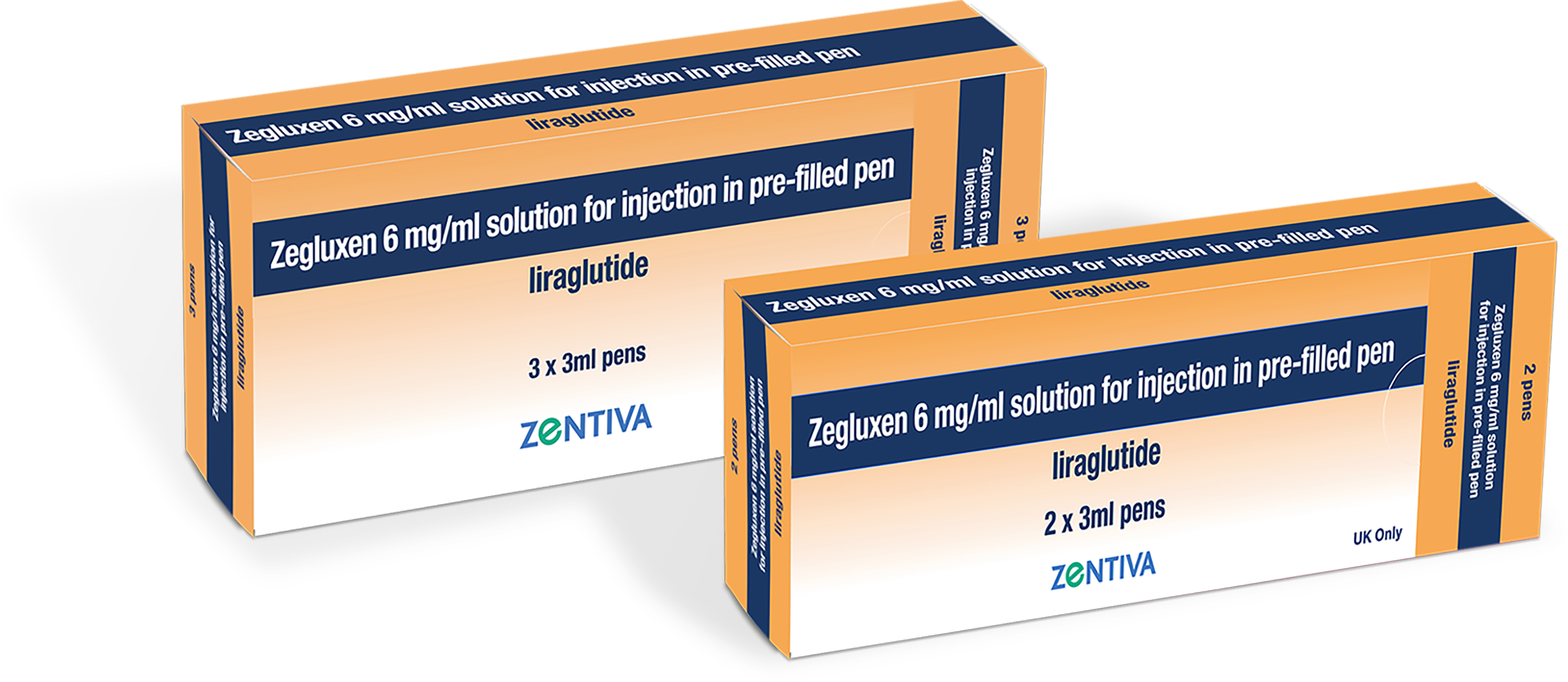Safety and tolerability: Possible side effects
Safety findings from the five phase 3a trials (in over 2,500 adult patients)1

Safety findings from the five phase 3a trials (in over 2,500 adult patients)1
Summary of the safety profile
In five large long-term clinical phase 3a trials over 2,500 adult patients have received treatment with liraglutide alone or in combination with metformin, a sulfonylurea (with or without metformin) or metformin plus rosiglitazone. The most frequently reported adverse reactions during clinical trials were gastrointestinal disorders: nausea and diarrhoea were very common, whereas vomiting, constipation, abdominal pain, and dyspepsia were common. At the beginning of the therapy, these gastrointestinal adverse reactions may occur more frequently. These reactions usually diminish within a few days or weeks on continued treatment.1
Headache and nasopharyngitis were also common. Furthermore, hypoglycaemia was common, and very common when liraglutide is used in combination with a sulfonylurea. Severe hypoglycaemia has primarily been observed when combined with a sulfonylurea.1
Table 1 lists adverse reactions reported in long-term phase 3a controlled trials, the LEADER trial (a long-term cardiovascular outcome trial) and spontaneous (post-marketing) reports. Frequencies for all events have been calculated based on their incidence in phase 3a clinical trials1
For further information on the description and incidence of adverse events within these trials, please refer to section 4.8 of the SmPC.1
| MedDRA system organ classes | Very common | Common | Uncommon | Rare | Very rare |
| Infections and infestations | Nasopharyngitis
Bronchitis |
||||
| Immune system disorders | Anaphylactic reaction | ||||
| Metabolism and nutrition disorders | Hypoglycaemia
Anorexia Appetite decreased |
Dehydration | |||
| Nervous system disorders | Headache
Dizziness |
Dysgeusia | |||
| Cardiac disorders | Increased heart rate | ||||
| Gastrointestinal disorders | Nausea
Diarrhoea |
Vomiting
Dyspepsia Abdominal pain, upper Constipation Gastritis Flatulence Abdominal distension Gastroesophageal reflux disease Abdominal discomfort Toothache |
Delayed gastric emptying | Intestinal obstruction | Pancreatitis (including necrotising pancreatitis |
| Hepatobiliary disorders
|
Cholelithiasis
Cholecystitis |
||||
| Skin and subcutaneous tissue disorders | Rash | Urticaria
Pruritis |
|||
| Renal and urinary disorders | Renal impairment
Renal failure, acute |
||||
| General disorders and administration site conditions | Fatigue
Injection site reactions |
Malaise | |||
| Investigations | Increased lipase*
Increased amylase* |

1. Zegluxen® (liraglutide) Summary of Product Characteristics.
000697561 | November 2024


